WHO Declares Global Health Emergency Amid Mpox Outbreak
The World Health Organization (WHO) has taken a significant step in combating the global spread of Mpox, commonly known as monkeypox, by declaring it a global public health emergency. The decision, announced by WHO Director-General Dr. Tedros Adhanom Ghebreyesus, underscores the urgent need to address the rapidly escalating outbreak. This declaration comes at a critical time when the disease has been spreading swiftly across multiple countries, causing widespread concern among health experts and the public alike.
Understanding The Urgency
The decision to declare Mpox a global public health emergency is not taken lightly. It reflects the alarming increase in reported cases, especially in countries where the disease is not typically found. Historically, monkeypox has been endemic to certain regions in Africa, but the recent surge in cases in non-endemic areas such as Europe, the Americas, and some parts of Asia has raised the alarm. Experts believe that the rapid spread could be attributed to increased travel and global connectivity, which allows infectious diseases to cross borders more easily.
Immediate Actions Required
In response to this declaration, the WHO has outlined several critical measures that need to be implemented by member states. These measures include enhanced surveillance to quickly identify and monitor new cases, robust contact tracing to prevent further spread, and vaccination campaigns targeting high-risk populations. Dr. Ghebreyesus emphasized that these steps are vital to contain the outbreak and protect public health on a global scale. Member states are encouraged to allocate resources and prioritize these efforts to mitigate the impact of Mpox.
Enhanced Surveillance
Enhanced surveillance is one of the cornerstones of the WHO's strategy to combat the spread of Mpox. This involves increasing the capacity of healthcare systems to detect and diagnose new cases promptly. Rapid identification of cases enables health authorities to implement containment measures swiftly, thereby reducing the likelihood of widespread transmission. Surveillance efforts also include monitoring potential reservoirs of the disease in both human and animal populations, as monkeypox is a zoonotic virus that can spread from animals to humans.
Contact Tracing and Isolation
Contact tracing is another crucial component in controlling the outbreak. By identifying and monitoring individuals who have been in close contact with infected persons, health authorities can isolate potential cases before they contribute to further spread. Effective contact tracing requires a coordinated effort from public health officials, healthcare providers, and the community. Isolation of confirmed cases is equally important to prevent the virus from transmitting to others. These measures demand significant logistical and human resources, highlighting the need for international cooperation and support.
Vaccination Efforts
Vaccination is a key preventive measure recommended by the WHO to control the spread of Mpox. While there is no specific vaccine for monkeypox, vaccines developed for smallpox have shown efficacy against the virus due to the similarities between the two diseases. The WHO has urged member states to prioritize the vaccination of high-risk groups, including healthcare workers, individuals in close contact with confirmed cases, and communities in affected areas. Scaling up vaccination efforts requires adequate supplies, distribution infrastructure, and public awareness campaigns to ensure widespread uptake.
Public Awareness and Adherence to Guidelines
Public awareness plays a crucial role in the fight against Mpox. Health experts stress the importance of educating the public about the symptoms, modes of transmission, and preventive measures associated with the disease. Clear and accurate information helps individuals take necessary precautions, such as practicing good hygiene, avoiding close contact with infected persons, and seeking medical attention if symptoms develop. Adherence to public health guidelines is essential to curb the spread of the virus and protect vulnerable populations.
Global Cooperation and Resource Allocation
The declaration of Mpox as a global public health emergency serves as a call to action for international cooperation. The WHO's announcement aims to galvanize support and resources from member states, international organizations, and other stakeholders. Collaborative efforts are needed to enhance surveillance, expand vaccination coverage, and provide technical and financial assistance to countries struggling to contain the outbreak. Global solidarity is crucial in addressing this public health threat and ensuring that all countries have the tools and resources needed to respond effectively.
Monitoring and Updates
The WHO will continue to closely monitor the Mpox situation and provide regular updates to the global community. As the outbreak evolves, new information and guidelines will be disseminated to ensure that countries have the most up-to-date knowledge and strategies for managing the disease. The organization's commitment to transparency and evidence-based decision-making is vital in navigating the challenges posed by this rapidly changing public health crisis.
The Path Forward
The declaration of Mpox as a global public health emergency marks a pivotal moment in the fight against this emerging threat. Immediate and coordinated action is essential to contain the outbreak and prevent further cases. Enhanced surveillance, robust contact tracing, targeted vaccination efforts, and public awareness are key components of the WHO's strategy. By working together, the global community can mitigate the impact of Mpox and safeguard public health. The road ahead may be challenging, but with determination and solidarity, it is possible to overcome this public health emergency.

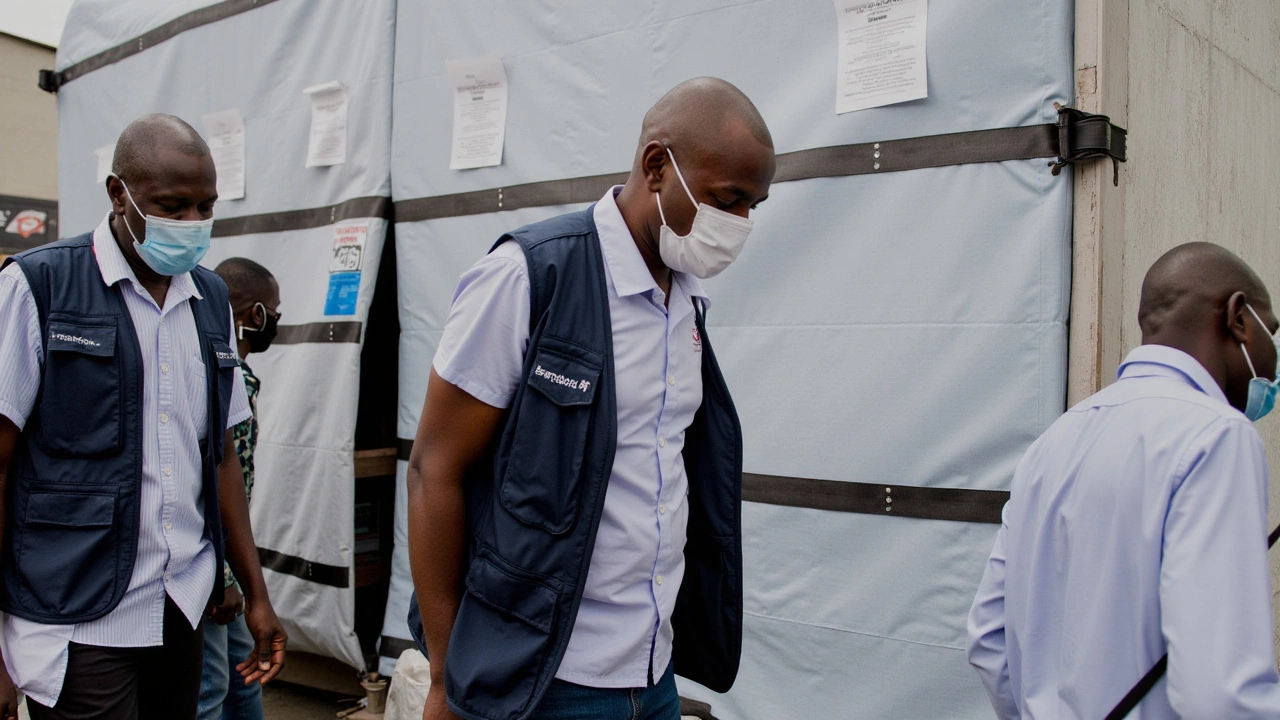
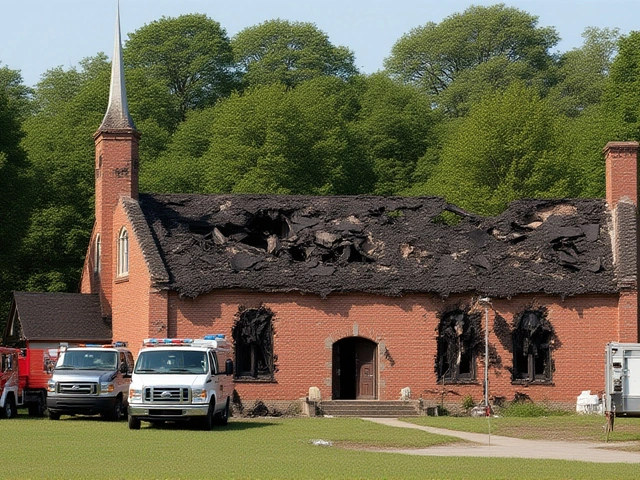
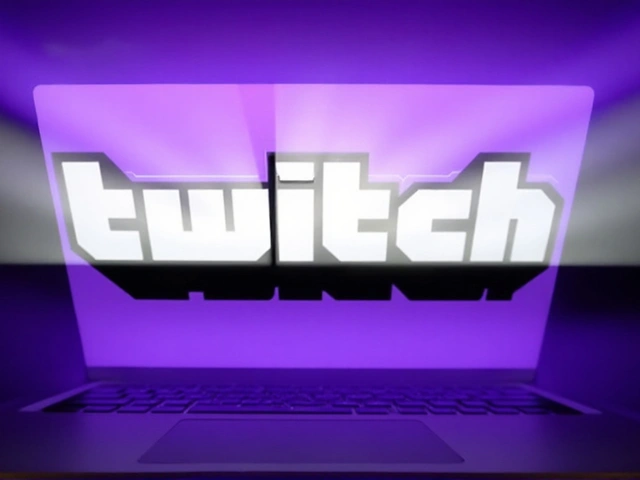
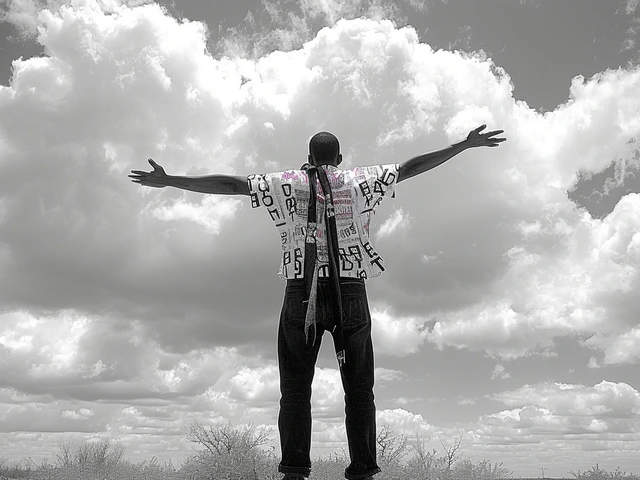
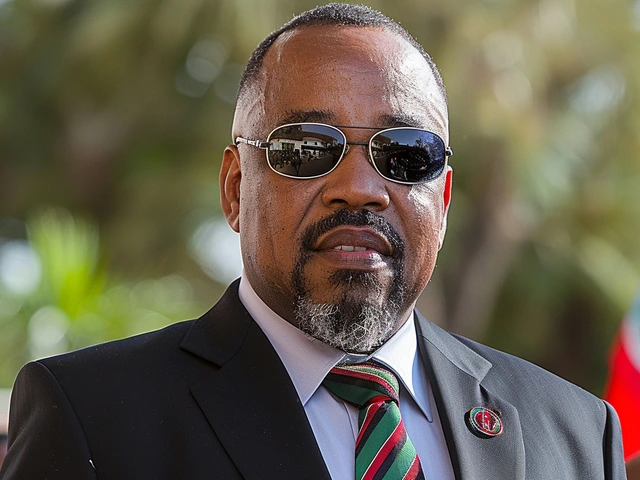

simran grewal August 16, 2024
Oh wow, WHO finally noticed? Took them long enough. I've been seeing rashes on my cousin's Instagram stories since last month and no one cared until it hit 'Western' countries. Classic.
Meanwhile, African nations have been begging for vaccines and testing kits for years. Now that it's 'global', suddenly we have funding? Funny how that works.
Angela Harris August 16, 2024
I just hope this doesn't turn into another panic where people avoid anyone who looks like they might have traveled. I work with a lot of international students - they're already getting weird looks.
Vinay Menon August 16, 2024
I'm from India and we've had sporadic cases for years. The real issue isn't the virus - it's how we treat outbreaks based on geography. We need better access to diagnostics in rural areas, not just fancy press releases from Geneva.
Also, monkeypox isn't new. We just stopped paying attention until it became 'a problem for the West'.
Doloris Lance August 17, 2024
The WHO's framework for zoonotic containment is predicated on the tripartite model of One Health - integrating veterinary, environmental, and human surveillance systems. Without structural investment in cross-sectoral data interoperability, we're merely performing symptom management.
Furthermore, the efficacy of ACAM2000 and JYNNEOS in non-endemic populations remains underpowered in Phase IV trials. We are deploying a vaccine protocol designed for smallpox-era epidemiology against a pathogen exhibiting novel human-to-human transmission dynamics.
Carolette Wright August 17, 2024
I just saw a guy at the grocery store with a rash and I almost cried. Like... what if it's him? What if it's me? What if I touch the avocado and then my face explodes??
Beverley Fisher August 17, 2024
Aww, I feel so bad for all those people getting diagnosed. I just sent a donation to the Red Cross and cried into my oat milk latte. We gotta take care of each other, you know?
Also, did you know some people are getting lesions on their *butts*? That’s so sad. I just want everyone to be safe and loved 💖
Anita Aikhionbare August 18, 2024
You people act like Africa is some disease factory. We didn’t invent monkeypox - you imported it with your flights and your ignorance. Now you want vaccines? Fine. But stop pretending you’re the victims.
Mark Burns August 20, 2024
Okay but imagine if this was called ‘Pridepox’ and it only spread in gay clubs - would the WHO still be this chill? Or would we be seeing armed guards at Pride parades?
Also, I’m pretty sure my ex gave it to me after our ‘cuddle breakup’. This is the most dramatic thing to happen since my Tinder profile got shadowbanned.
jen barratt August 21, 2024
It’s weird how we treat outbreaks like they’re moral tests instead of biological ones. We panic when it’s ‘out there’ but ignore the same thing when it’s in our own backyard.
Maybe the real emergency isn’t the virus - it’s our collective refusal to care until it looks like us, sounds like us, or hits our neighborhood. We’re all connected, even when we pretend we’re not.
Evelyn Djuwidja August 22, 2024
This declaration is an overreach of bureaucratic authority. The data does not support a PHEIC classification under IHR 2005 Article 1. The case fatality rate remains below 1%, transmission is not airborne, and the outbreak lacks exponential growth in high-income nations. This is political theater dressed as public health.
Alex Braha Stoll August 24, 2024
Honestly? I’m just glad someone’s finally doing something. I’ve been telling my mom for weeks that her ‘weird rash’ wasn’t just poison ivy. She didn’t believe me till she saw the WHO tweet.
Also, can we talk about how everyone’s suddenly an expert on vaccines? I’m just glad someone’s getting the shots before I have to explain to my cat why I’m wearing gloves to pet her.